This may come as a shock to you (I know it shocked me) but I am not as young as I used to be. My body has hit a point where I can get down to garden without a serious problem, but getting back up requires a good deal of effort and sometimes a willing hand from a nearby child. Bruce and I are trying to plan for a future where we still want to grow food but will need some accommodations.
The first thing we looked at were our raised beds. They aren’t high enough. I need true raised beds (elevated beds) that allow me to garden while standing or sitting. We will add a few each year and use them for the critical things like tomatoes, kale, and an herb garden. In addition to the raised beds, hanging planters are great for cherry tomatoes and strawberries and require no back-breaking weeding. Harvest is a breeze and the planters themselves are beautiful on our deck. This year, I’m growing sweet potatoes in containers and russets in a tower. Harvest does not require a shovel. A couple of grandkids can just tip them over and pull out great root vegetables. The other benefit is that we actually get to eat the produce rather than feeding the voles. Containers use far less water as well.
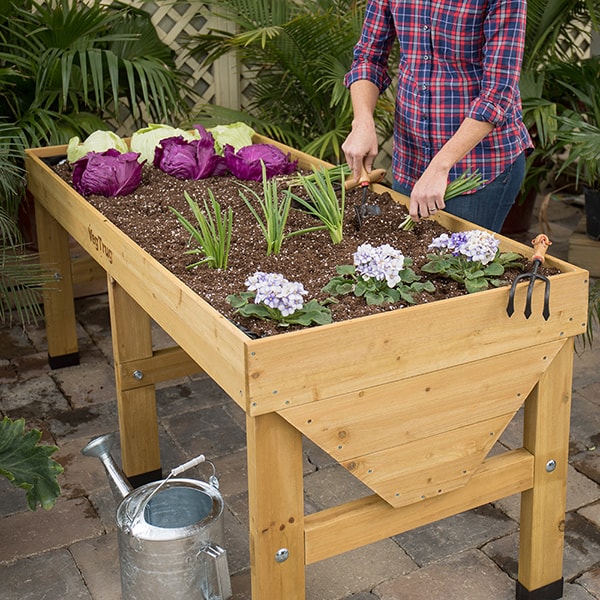
Looking at plant varieties has led us to more climbers and fewer bush varieties of cucumbers and beans. Even smaller squash can be trained to grow on a slanted form to make harvest easier. Dwarf varieties of trees produce good fruit at a height I can manage without a ladder. We are planting as many perennial food plants as possible so they come every year without intervention. Rhubarb, asparagus, walking onions, perennial kale and golden purslane are good places to start.
Tools must be sharp and ergonomically correct to ease strain on aging joints and muscles. Never scrimp on your tools. Shorter handles make for lighter tools, easier to lift and taking less space to store.
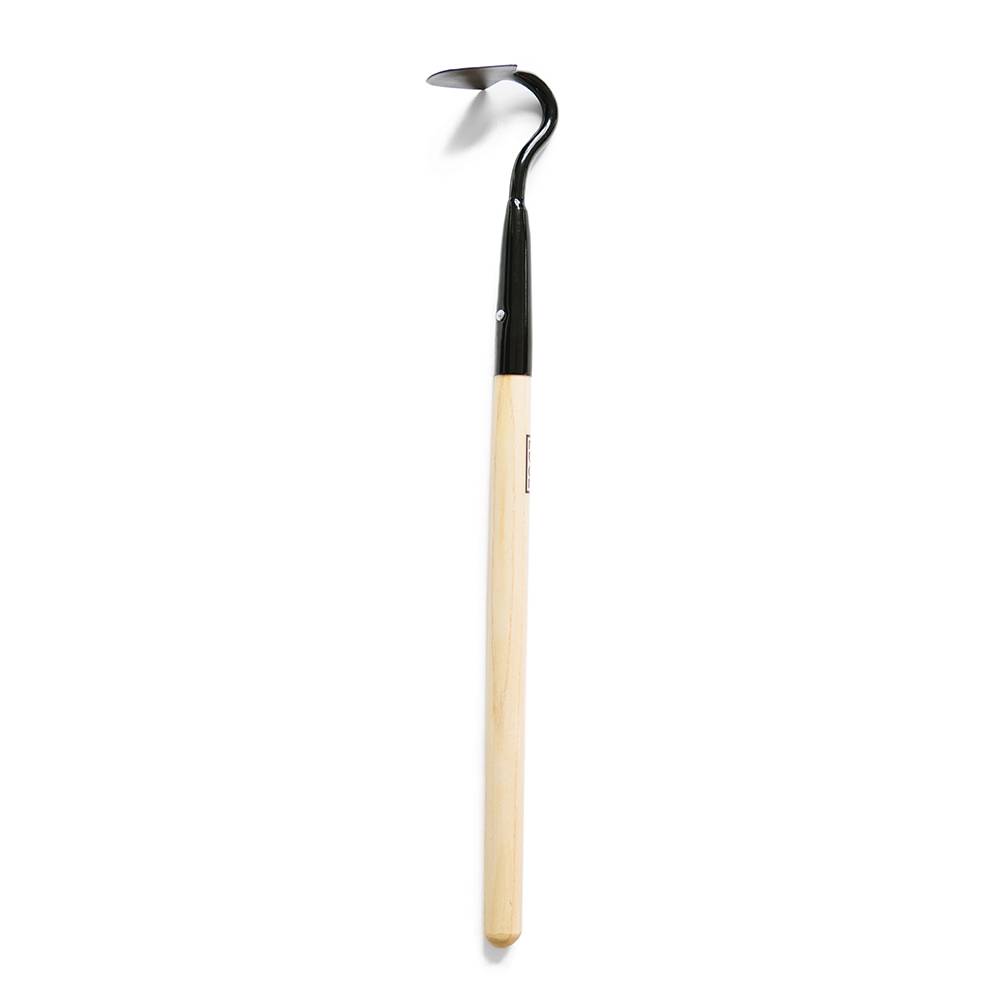
Finally, we can call on our community. We have young friends who have no land but they still want to grow food. We started several years ago raising pigs and chickens cooperatively. The labor and costs are split and we get a more manageable amount of eggs and meat. Other cooperative ventures are likely. I can see us providing the space and tools and getting a share of the garden produce for as many as three other families.
Our church has an arrangement where the congregants promise to grow a row for our local food pantry. With some planning, I think younger members of the youth group might offer garden help and make a food bank donation with the excess.
Life changes and we must adapt. With some creativity, I hope to have a garden for many years to come.
Editor’s Note: First posted in June 2018.

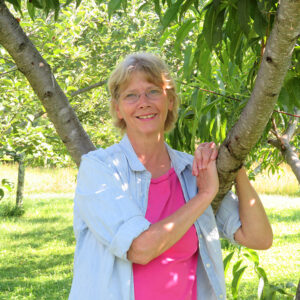
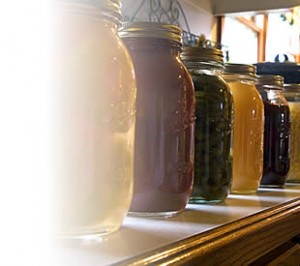
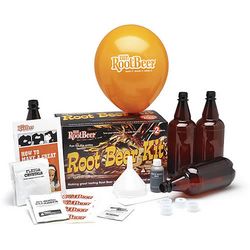



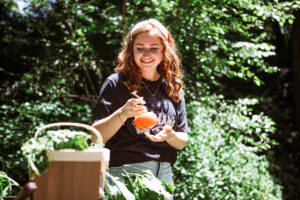


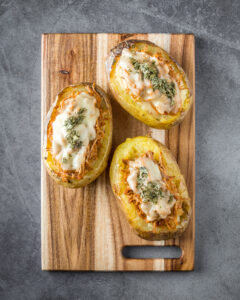

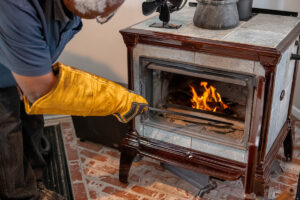







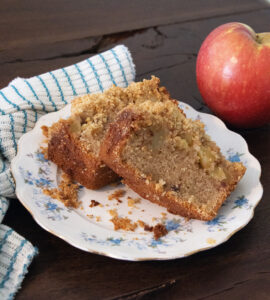

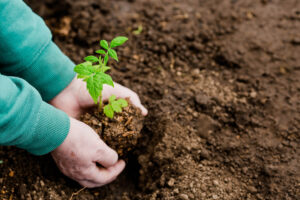
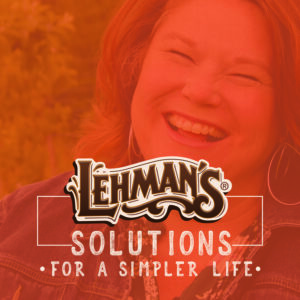



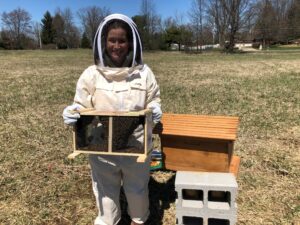

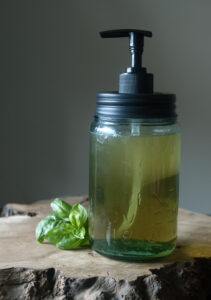

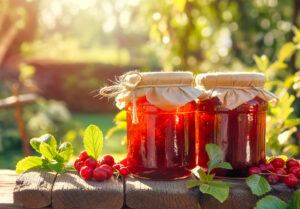
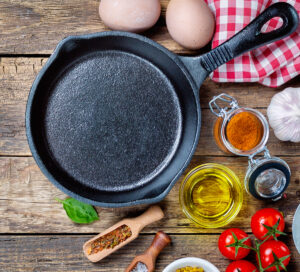
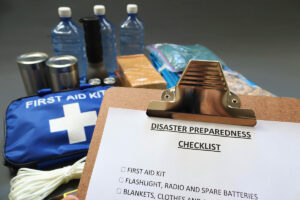

Thank you! This was a great article. I am disabled but with help from my son, We can grow a few things on our deck in pots and whiskey barrels. Elevated planters look like they would be helpful.
With both hips and a knee replaces as well as rods and screws in my back, I am unable to garden as I used to. My husband cut 55 gallon plastic barrels in half longways and puts 4 on a pallet. I don’t have to bend over very much and they are easy for him to move out of the way in the winter.